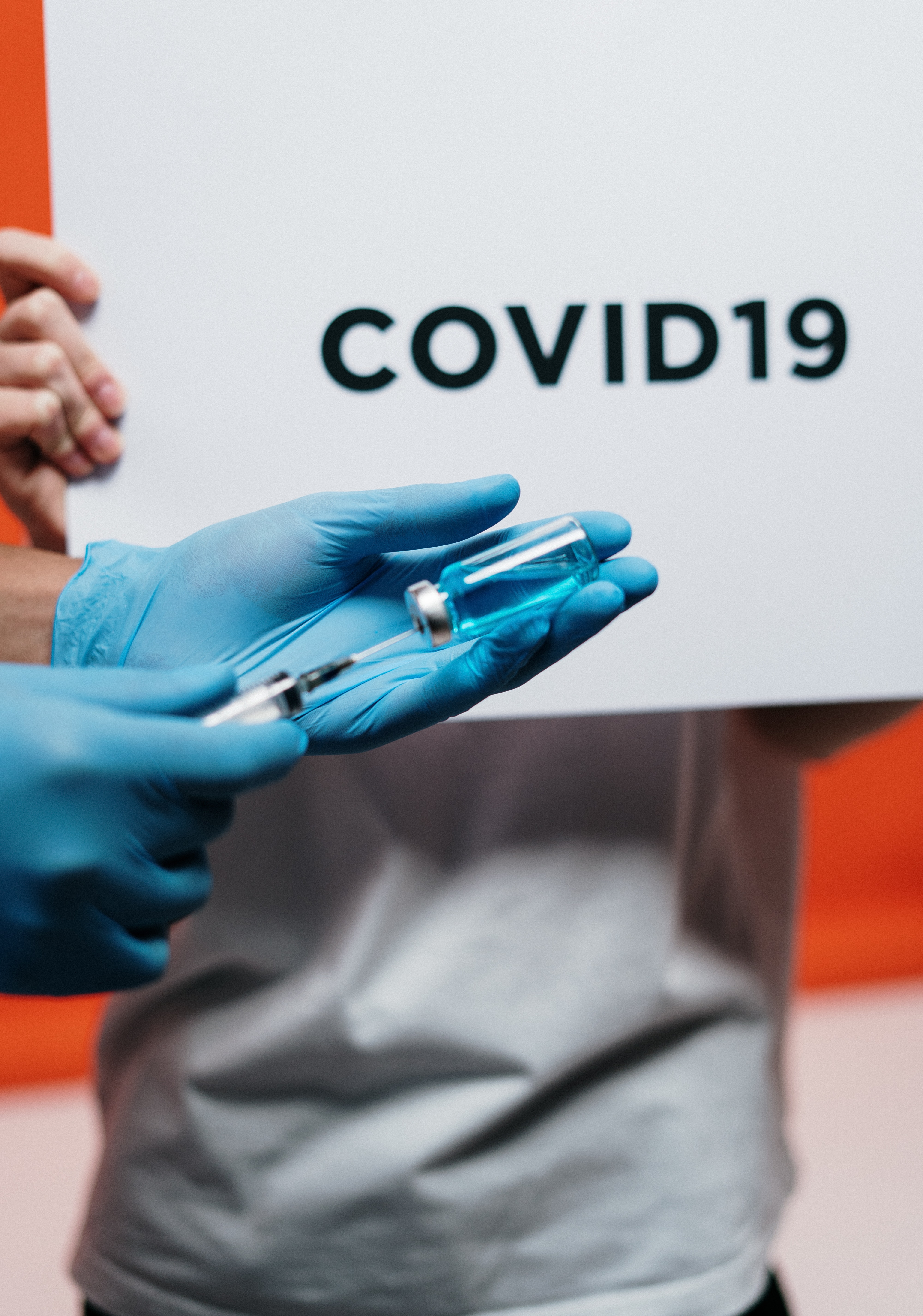News
Pfizer vaccine has just been approved: here’s what the next few months will look like

If these vaccines also meet the very high efficacy and safety standards set by the agency, they too will be approved for mass rollout. (Pexels photo)
The UK has become the first country to approve the Pfizer/BioNTech vaccine for widespread use. The government has ordered 40 million doses and the first batch of 800,000 doses is expected to be shipped from Belgium – where the vaccine is being made – in the next couple of days. It will be enough to immunise 400,000 people (two doses per person).
The UK drugs regulator, the Medicines and Healthcare products Regulatory Agency (MHRA), is also started a rolling review of other vaccines in late-stage human trials, such as the AstraZeneca/Oxford vaccine and the Moderna vaccine. If these vaccines also meet the very high efficacy and safety standards set by the agency, they too will be approved for mass rollout.
The fastest a vaccine has ever been developed is the mumps vaccine, which took a mere four years from concept to market. These latest vaccines beat that record by some margin – taking less than a year to develop. But that doesn’t mean any corners have been cut.
The MHRA has pored over the records of over 40,000 vaccine trial participants from diverse backgrounds. The efficacy of the vaccine – that is, how effective it is at preventing symptomatic COVID-19 under trial conditions – is 95%. (That figure is expected to fall slightly under real-world conditions.) And there were no serious side effects, although these will continue to be monitored as the vaccine is rolled out.
It is expected that healthcare workers will receive the vaccine first as they are one of the most vulnerable groups. Also, hospitals have the ultra-cold freezers needed to store the vaccine – so, from a logistics standpoint, it’s a good place to start.
Don’t ditch the mask just yet
This is all fantastic news and a good reason to be optimistic about the future. But Peter Openshaw, a professor of experimental medicine at Imperial College London, said it would be a “terrible mistake” to ease up on COVID control measures at this juncture.
So don’t throw away your mask and hug your gran just yet. A report from The Royal Society, the world’s oldest independent scientific academy, says that restrictions are likely to remain in place for some months yet – maybe even a year.
When you get the COVID vaccine, you should not expect immediate protection against infection. White blood cells known as B lymphocytes first need to detect the antigen in the vaccine and then generate specific antibodies against it. If you get exposed to coronavirus, these antibodies latch onto the virus and neutralise it.
The response from your immune system, generated by the B lymphocytes, is known as the primary response and it takes about two weeks to kick in. So for two weeks after getting the jab you are still at risk of getting ill from COVID.
Also, many COVID vaccines require two jabs to provide full protection. And the interval between the jabs varies from 21 to 28 days. So the vaccine will take about six weeks after the first jab to provide full protection against COVID-19 disease.
We don’t know if the vaccines stop transmission
Although the vaccines in late-stage trials seem to be highly effective at preventing symptomatic COVID, we can’t yet be sure that they prevent transmission of the virus.
For this, we would need a vaccine that provides so-called sterilising immunity. This is where immune cells can bind to the virus to prevent it from entering cells where it can start to replicate. So even six weeks after receiving the first jab, you may still get infected with the coronavirus – even if you don’t get sick.
Studies from the preclinical phase of the Oxford vaccine found that rhesus macaques that were immunised with the vaccine were protected from serious disease and had no evidence of lung damage. But they still had coronavirus infection in their upper-respiratory tract and virus shedding from their noses. If this is the same with humans, it would suggest that while they will be protected from symptomatic disease, they might still spread the virus.
At this stage, we don’t know if the Pfizer or Moderna vaccines stop transmission either, although further studies will hopefully tease this out.
Also, if you have been vaccinated, there is a small chance – at least one in twenty – that the vaccine won’t protect you. So even if you have been vaccinated – and full rollout may not be complete till the summer of 2021 – you should still wear a mask, work from home if you can, and practice social distancing. As for good hand hygiene, let’s try to keep that going – viruses, including probably SARS-CoV-2, will always be among us.![]()
Manal Mohammed, Lecturer, Medical Microbiology, University of Westminster
This article is republished from The Conversation under a Creative Commons license. Read the original article.





















